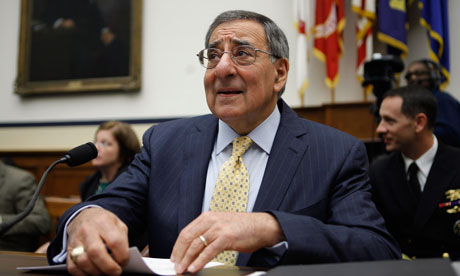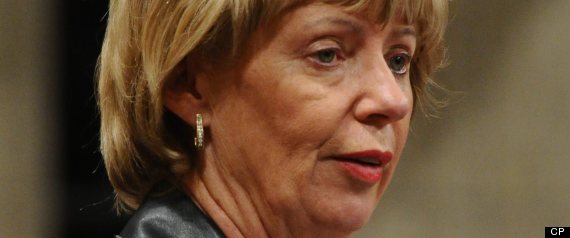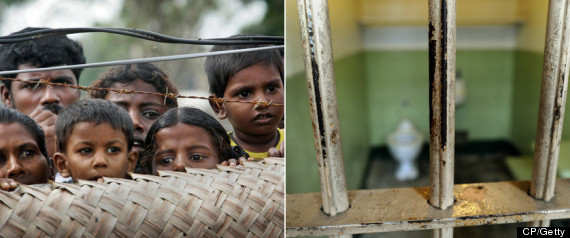The recent federal budget cuts will take a toll on the health of women across Canada, say the leaders of a number of women's health organizations who've recently had their funding slashed.
Last Monday, the British Columbia Centre of Excellence for Women's Health (BCCEWH), along with five other Canadian women's health organizations that focus on research and communication around women's health were informed that they will lose their federal funding as of March 31, 2013.
The programs produce research that ensures policy-makers are better able to apply a gender and sex analysis to their work.
Nancy Poole, a director at the BCCEWH says her organization's research helps marginalized women in particular by supporting service providers, policy-makers and health-system planners in developing policies that affect the health of women with substance use problems and women marginalized by poverty or violence.
"One of the biggest contributions that we've made is to really help system planners and government overall bring a gendered lens to all policies and practices within government."
Last Monday, the British Columbia Centre of Excellence for Women's Health (BCCEWH), along with five other Canadian women's health organizations that focus on research and communication around women's health were informed that they will lose their federal funding as of March 31, 2013.
The programs produce research that ensures policy-makers are better able to apply a gender and sex analysis to their work.
Nancy Poole, a director at the BCCEWH says her organization's research helps marginalized women in particular by supporting service providers, policy-makers and health-system planners in developing policies that affect the health of women with substance use problems and women marginalized by poverty or violence.
"One of the biggest contributions that we've made is to really help system planners and government overall bring a gendered lens to all policies and practices within government."




























